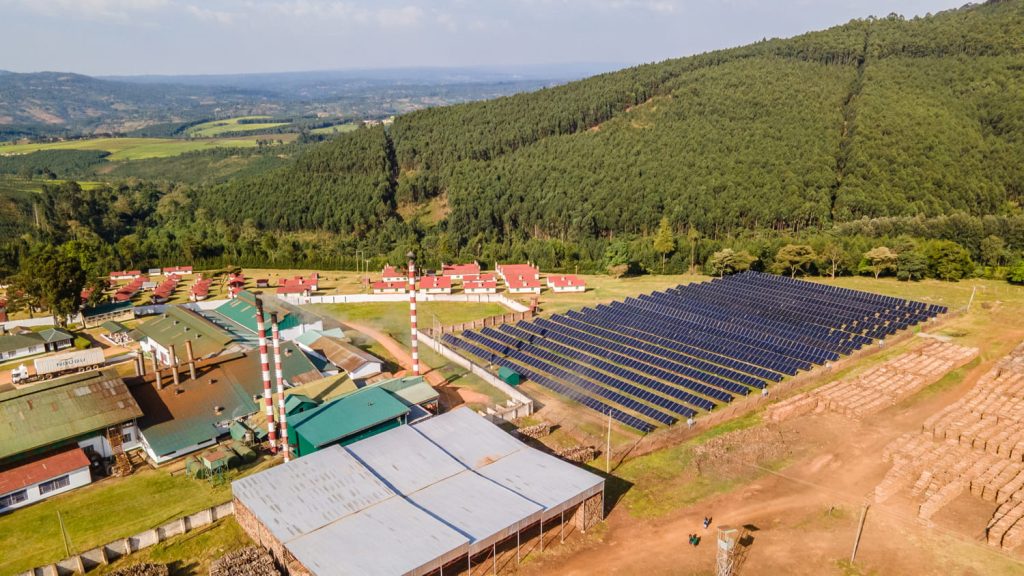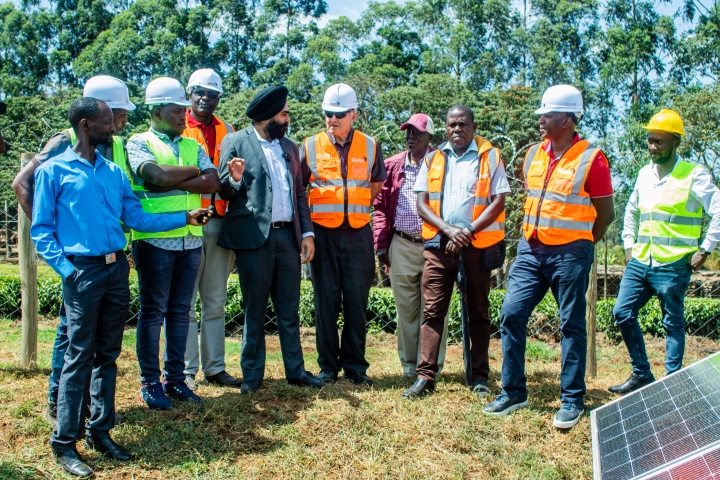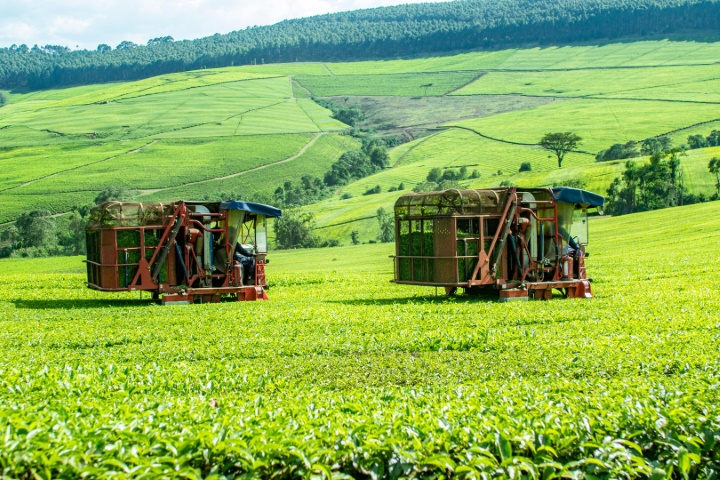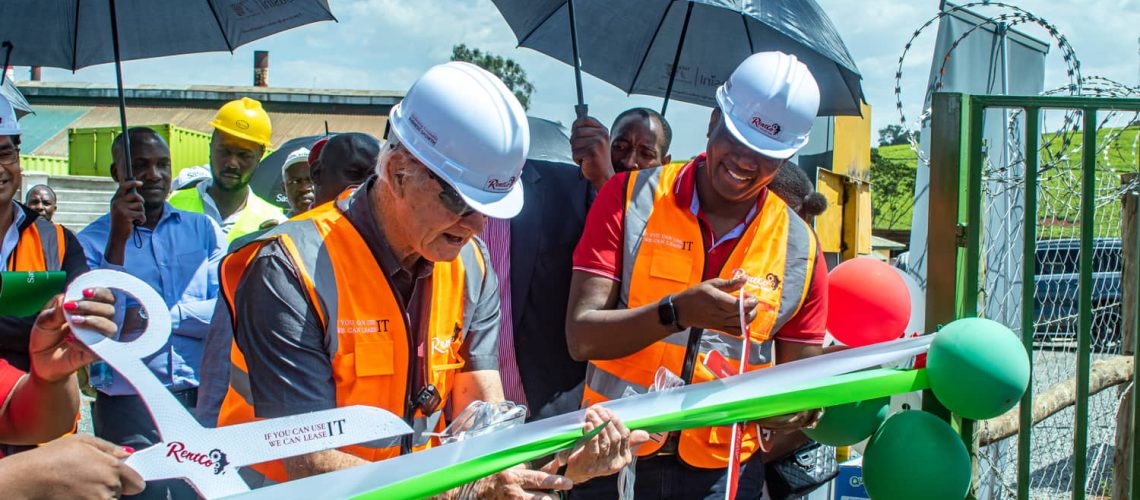Sasini to go green with use of solar power for its operations

Economic Survey 2022 shows there was a 61 percent growth in the power production capacity of small plants that have been set up by various organisations for their own consumption.
Agricultural firm Sasini is preparing to cut its reliance on Kenya Power by generating solar power to run its 1,463 hectares of tea estates as it continues with its cost-containment measures.
The firm, which has saved millions of shillings by switching from manual tea harvesting to a mechanised process, now says the next step is to install a solar energy plant in its tea estates and reduce reliance on hydro and thermal power.

Sasini says it will this year commission a 1.5 MW solar power generation station in its tea business in a move that will see it start relying on renewable sources of energy.
“On energy usage, the company has made a conscious choice to supplement our energy requirements by commissioning a solar energy plant at our tea factories,” says Sasini in its latest annual report.
“We have embarked on the transition to a sustainable and clean energy future with the first phase being the solarisation of our tea factories at Kipkebe and Keritor which are heavy consumers of hydroelectric power and wood fuel.”

Sasini, which also owns coffee, tea and macadamia plantations, says the solar initiative will progressively be extended to other operations over time.
The move by the Nairobi Securities Exchange-listed agricultural firm mirrors that of many other companies that are switching to solar in a bid to cut power bills and align with Sustainable Development Goals’ emphasis on cutting hydro-carbons.
Other entities that have installed solar in the recent past include British American Tobacco Kenya, Devki Steel Mills, Africa Logistics Properties, Mombasa International Airport, International Centre of Insect Physiology and Ecology (Icipe), Garden City Mall, London Distillers Ltd and Kapa Oil Refineries.
